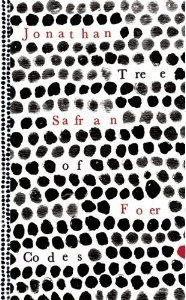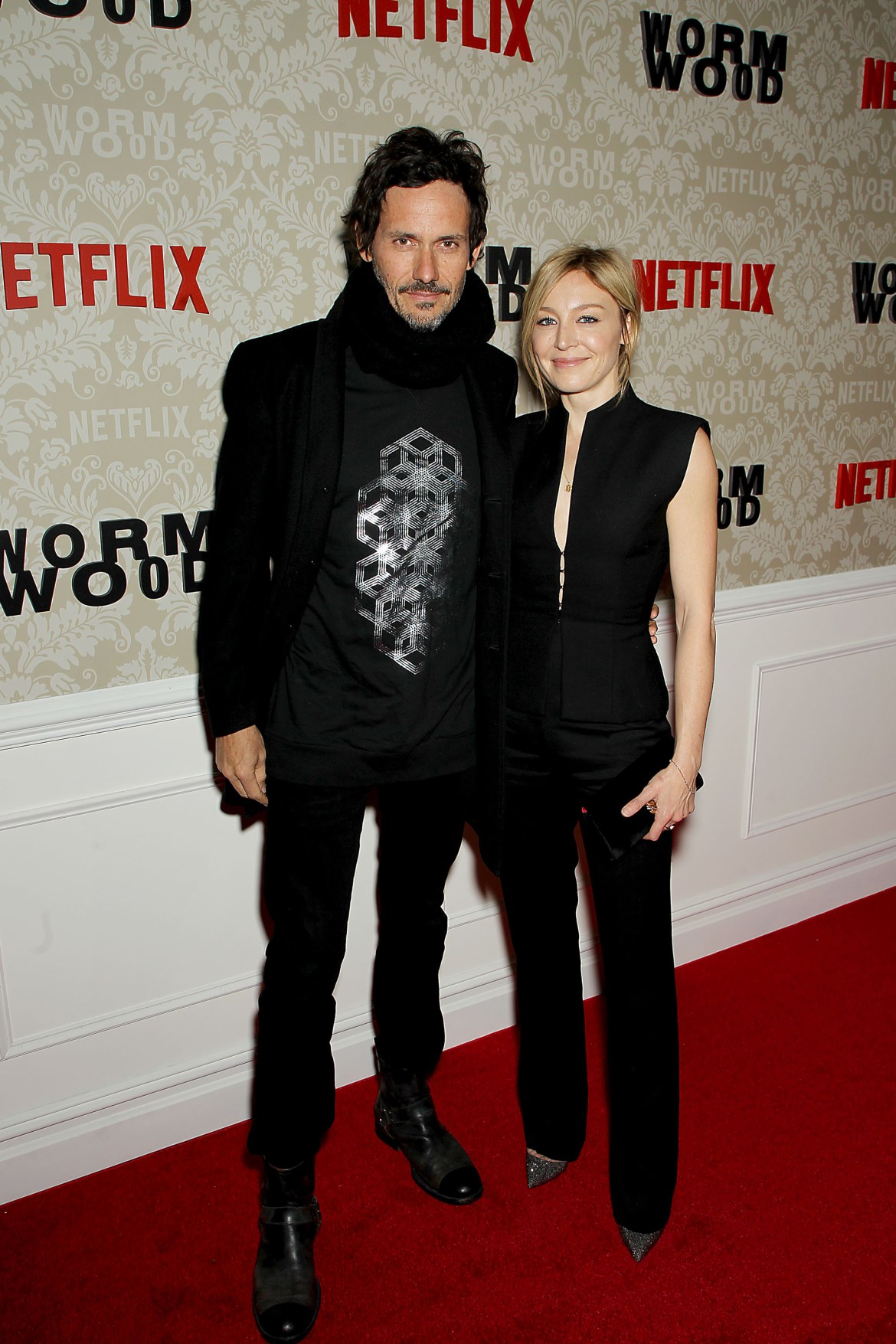 Tree of Codes by Jonathan Safran Foer
Tree of Codes by Jonathan Safran Foer
RaeleighReads rating: 




“Reality is as thin as paper. Only the small section immediately before us is able to endure.”
It feels wrong somehow to give this book a rating. It is highly conceptual — a narrative derived from removing parts of another work. Safran Foer achieved this surreal and architectural feat by erasing chunks from his favorite book, The Street of Crocodiles by Bruno Schulz. Literally whole chunks are missing from the work so that when you look at the first page you can see bits and pieces of the rest of the work through the holes.
Many passages gave me the same untethered and slightly mad feeling I had when I read Charlotte Perkins Gillman‘s The Yellow Wallpaper. Though I don’t believe madness, at least not of that sort, has anything to do with this story. Essentially, this is a narrative about a man’s death, but I don’t think anyone who has read it would say that is all that this is. It hints at worlds beyond sight and touch. It alludes to life after death. And amidst it all, there is such a sense of pain and suffering and some great something left unspoken.
I’m afraid I don’t possess the necessary language to express how profound this book feels. I’m also afraid it may be slightly outside of my intellectual grasp.
Safran Foer has achieved something remarkable here, and everyone should at least give it a peek.
****
I read this work as part of the Read Harder Challenge 2017. It serves as my challenge #21, “Read a book published by a micropress.” Okay, so my copy wasn’t published by a micropress but I read somewhere that it originally was, so, ummm, shhh!
Share this:




